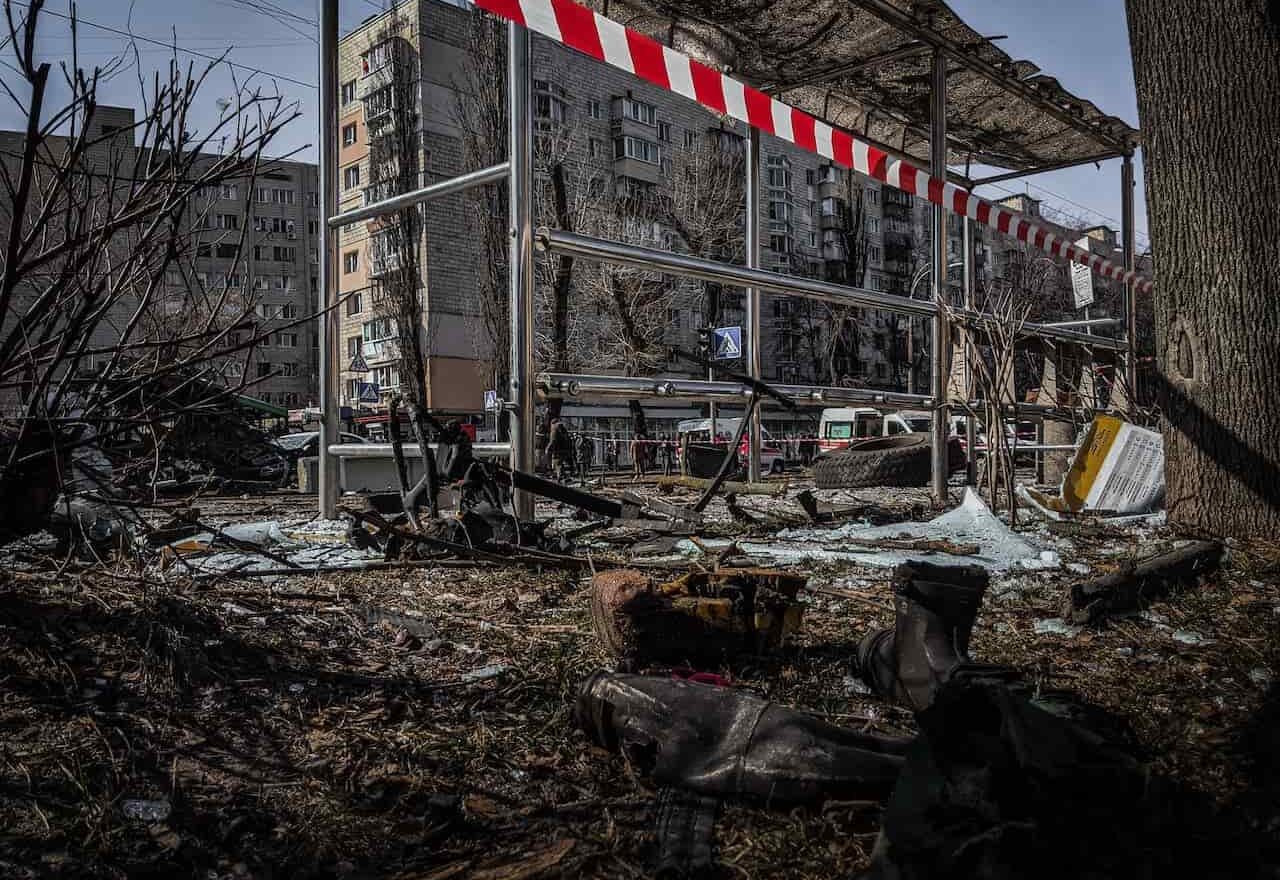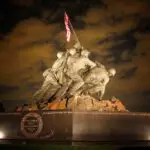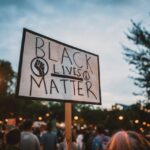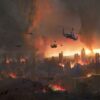Causes and Impacts of the Korean War 1950-1953 , stands as a pivotal chapter in world history, leaving an indelible mark on the Korean peninsula and shaping global geopolitics. Often referred to as ‘The Forgotten War,’ its origins, progression, and consequences warrant a thorough exploration to grasp its significance fully. This article aims to dissect the intricate dynamics of the conflict, from the pre-war tensions exacerbated by global rivalries to the lasting implications for international relations and military strategies.
Historical Context
Before its division, Korea endured decades of Japanese occupation, emerging from World War II as a nation ripe for external influences. The subsequent division at the 38th Parallel was a direct outcome of the burgeoning Cold War, with the Soviet Union and the United States carving spheres of influence on the peninsula. This partition set the stage for a North-South dichotomy, primed by ideological rifts and geopolitical ambitions, culminating in the outbreak of the Korean War.
1. The Cold War Catalyst
The Korean conflict was symbolic of the Cold War’s global reach, serving as a proxy battleground where the ideologies of communism and democracy clashed. The North’s invasion of the South was not merely a regional dispute but a manifestation of the broader ideological struggle that defined the era, drawing in superpowers and their allies into a confrontation that extended far beyond the Korean peninsula.
2. The Outbreak of War
The war officially commenced on June 25, 1950, with North Korean forces launching a surprise attack across the 38th Parallel. This aggressive move was met with international condemnation, particularly from the United Nations, which swiftly passed resolutions denouncing North Korea’s actions and mobilizing a multinational force to repel the invasion.
Major Battles and Turning Points
1. The Battle of Inchon
The conflict was marked by several pivotal battles and strategic campaigns, most notably the Battle of Inchon. Orchestrated by General Douglas MacArthur, this amphibious assault led to Seoul’s recapture and shifted the war’s momentum. However, the UN forces’ subsequent push towards the Yalu River, bordering China, triggered a new phase in the conflict as Chinese troops entered the fray. This dramatic escalation underscored the war’s complexity, transforming it into a broader confrontation that tested the limits of international diplomacy and military strategy.
2. Technological and Tactical Evolution are linked Air and Naval Engagements
The Korean War saw significant advancements in military technology, especially air and naval engagements. Jet fighters such as the F-86 Sabre from America and the MiG-15 from Russia revolutionized aerial combat, while naval operations played an equally essential role by controlling sea lanes and providing logistical support.
3. Ground Warfare Tactics
On the ground, both sides employed an array of World War II tactics as well as cutting-edge strategies unique to Korea’s extreme terrain, creating unique obstacles and difficulties when conducting ground warfare operations. Mobility and supply were major hurdles facing both parties during a battle in Korea.
4. Wartime Korea
The war’s impact was profound in Korea. Civilians suffered hardships across both regions; displacement, livelihood loss, and the constant threat of violence were some examples of their suffering.
5. Propaganda and Perception
Propaganda was essential in shaping public opinion and morale during World War I. Both sides used media, art, and education as forms of propaganda to galvanize support for their respective armies while demonizing their opponents.
International Involvement and Diplomacy
- The Role of the United Nations: The involvement of the UN in the Korean War marked its inaugural collective military action under its banner, setting an important example for future peacekeeping operations.
- United States and Soviet Union: While never directly engaging, both America and Soviet Russia provided substantial aid for South and North Korea during the Cold War period. Their involvement showed an ongoing competition over global influence between them.
- Contributions by Other Nations: Many other nations, such as Britain, Canada, Turkey, and Australia, provided troops and resources to UN forces as part of this global conflict.
Impact Analysis on Soldiers and Civilians
- Stories from the Frontline: Soldiers serving during the Korean War experienced intense combat, hostile climate conditions and emotional strain – often described by veteran accounts of battle as brutal yet rewarding experiences that formed long-lasting bonds among colleagues in combat zones.
- Civilian Experience and Suffering: Both North and South Korean civilians experienced immense suffering during the Korean War. Displacements, destruction of infrastructure and homes, and loss of life were just some of the effects. Stories told by civilians offer us an intimate look into its human toll.
War’s End and Ceasefire: The Road to Ceasefire
- Protracted negotiations and continuous fighting marked the path toward cessation, particularly talks at Panmunjom that took over two years but were often fraught with difficulties and setbacks.
- Signing of Armistice On July 27, 1953, an armistice agreement was officially reached, marking an end to hostilities on both sides. Unfortunately, it only provided for a ceasefire rather than a peace treaty and meant that, technically, conflict remained in the Korean Peninsula.
- Postwar Impact and Legacy of the Demilitarized Zone (DMZ): One enduring symbol of the Korean War has been its demilitarized zone, located along the 38th Parallel. This reminder stands as a stark reminder that Korea remains divided.
- Political and Economic Repercussions: The war had profound ramifications for both Koreans, dramatically altering political landscapes and economic development in both nations, particularly South Korea’s path toward rapid economic expansion and democratization.
Korean war memorial park
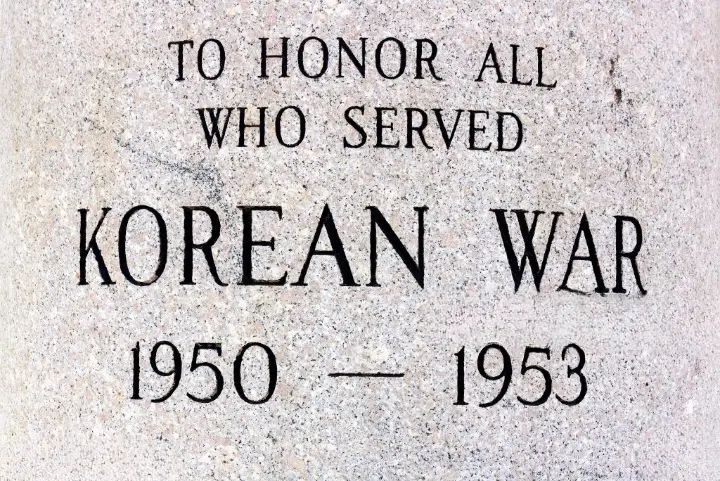
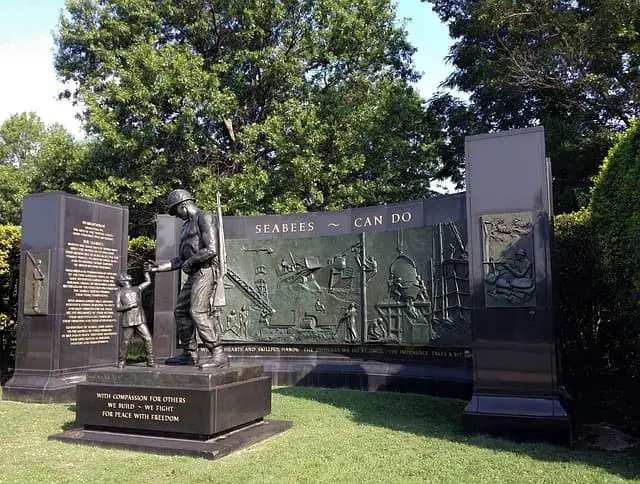

Reflections and Perspectives
- Historical Interpretations: Interpretations of the Korean War have changed. While initially seen solely through its Cold War context, modern scholarship has begun exploring its complex social, cultural, and regional ramifications more deeply.
Modern History’s Appraisal of the Korean War Modern historians recognize the Korean War’s role in shaping Cold War dynamics and subsequent international conflicts.
- Film and Literature on the Korean War: Various films and books depict the war from different perspectives, ranging from realistic depictions to symbolic interpretations that shape public opinions.
- Educational Impact: The Korean War remains integral to educational curricula worldwide, providing invaluable lessons on history, international relations, and global conflicts.
- Comparing the Korean War with Other Conflicts: A comparison between the Korean War and other wars like Vietnam or World War II reveals similarities, global impact, and differences in tactics, political context, technology, and technological advancement.
- Lessons Learned: War provides multiple lessons, particularly regarding international diplomacy, ideological conflicts, and its long-term effect on societies.
Conclusion
Although overshadowed by other international conflicts, the Korean War remains an important historical event. It continues to shape domestic and international politics on both sides, teaching lessons of conflict resolution, peacemaking, and human resilience that endure today.
FAQs
Q. What led to the Korean War?
A. The root of it all can be traced to two main factors: post-World War II division and increased Cold War tensions.
Q. How did the Korean War end?
A. On July 27, 1953, an armistice agreement was reached, and no peace treaty was ever concluded between the North and South.
Q. What was the role of the United Nations during the Korean War?
A. It played an essential part, with several member states contributing troops and resources under its auspices.
Q. How did the Korean War affect the civilian population?
A. The war caused severe civilian casualties and displacement, as well as long-term socio-economic challenges for Korean society.
Q. What is the purpose of the Demilitarized Zone (DMZ)?
A. The Demilitarized Zone, commonly known by its Korean acronym DMZ (Demilitarized Zone), is a symbolic separation barrier between North and South Korea, symbolizing their ongoing division and tension.

